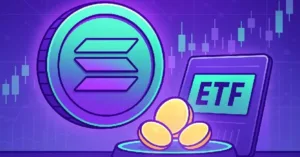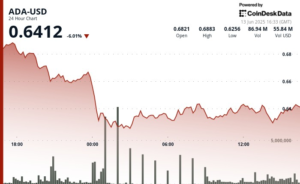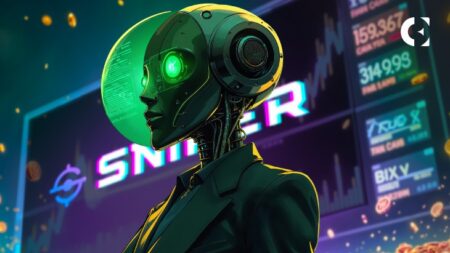Konami Digital Entertainment—the Japanese gaming giant behind franchises like Metal Gear Solid, Silent Hill, and Castlevania—announced Thursday that it will launch an NFT platform called Resella on the Avalanche blockchain.
The infrastructure platform aims to make it easier for companies to integrate blockchain technology and issue NFTs, both for games and other types of applications. According to Konami, Resella eliminates the need for users to open an external crypto wallet or handle cryptocurrency at all.
The company touted Resella’s “user-friendly marketplace experience” in a press release, and said it will allow transactions in Japanese yen for domestic users, with plans to accommodate global users as well. Powered by Avalanche’s technology, Resella will not charge users gas fees to transact with its tech.
“By democratizing access to Web3-related technologies, Konami Digital Entertainment aims to foster an inclusive environment wherein businesses across various sectors can harness the potential of blockchain innovation,” the release stated.
Konami envisions Resella enabling various digital experiences, such as using in-game NFTs as event tickets or unlocking exclusive content across different platforms. Resella will be built on an Avalanche subnet, or a dedicated instance of the network, providing Konami with additional customization features and other potential benefits compared to the mainnet.
Several other major game publishers have also been building in the blockchain space. Assassin’s Creed maker Ubisoft, for example, is set to publish its first original game Champions Tactics: Grimoria Chronicles this year on the Oasys blockchain, and has launched other projects and collaborated with various chains over the past few years.
Meanwhile, Final Fantasy creator Square Enix has an Ethereum-based narrative game called Symbiogenesis that launched in late 2023 and has pursued other efforts in the industry, plus Sega has brought some of its properties into Web3 through collaborations.
Editor’s note: This article was written with the assistance of AI. Edited and fact-checked by Andrew Hayward.
Read the full article here









